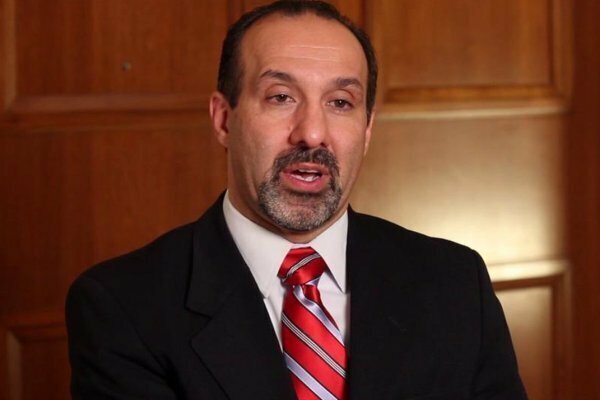Director of the Center for International and Regional Studies at Georgetown University's School of Foreign Service in Qatar also adds, “If current trends continue as they have evolved over the last couple of years, Mohammed bin Salman is likely to emerge as Saudi Arabia's undisputed leader after his father leaves the scene.”
Following is the text of the interview:
What were the reasons for the arrest of the Saudi princes, including the brother of King Salman, by the Saudi government?
Given the opaqueness of the Saudi system, it is difficult to determine what exactly prompted the latest arrests. The primary purpose of the arrests appears to be further consolidation of power by Mohammed bin Salman, further dismantling the Saudi deep state that is comprised of princes and other senior members of the ruling family, and frightening anyone who may entertain any thoughts of ever opposing MBS.
The physical condition of King Salman seems to be inadequate and this has led to a power struggle in Saudi Arabia. How do you foresee the power equations after King Salman's eventual death?
Saudi Arabia has been changing so drastically, and in such unprecedented ways, that it is really difficult to predict how the political system may turn out once the current king is out of the picture. But, if current trends continue as they have evolved over the last couple of years, Mohammed bin Salman is likely to emerge as Saudi Arabia's undisputed leader after his father leaves the scene.
Is Muhammad bin Salman also an American and Western option for the kingdom in Saudi Arabia?
The West and the United States use the rhetoric of human rights in their foreign policy pursuits. But, just as they did with Saddam Hussein, they see in Mohammed bin Salman a highly useful figure that serves several purposes for them ranging from the massive purchase of weaponry to being a staunch opponent of Iran, securing Western interests in the Persian Gulf region and the broader Middle East, and being a source of what the West calls regional stability. On top of all of this, especially for the US, Mohammed bin Salman has struck an implicit strategic alliance with Israel. All these combine to make him a favorite of the West and the United States.
Given Mohammed bin Salman's actions in domestic politics, including music concerts and sidelines on social and cultural reforms, will the clergy and traditionalists tolerate his actions?
Mohammed bin Salman's social reforms have been very popular with the Saudi youth. Saudi clerics and other conservative elements in society appear to have been effectively sidelined and silenced. At this point, they do not pose a challenge to Mohammed bin Salman and his efforts to consolidate power.
In your opinion, what economic and social impacts of a fall in oil prices will have on a country such as Saudi Arabia, whose economy is dependent on oil?
Declines in oil prices are likely to curb some of the developmental projects of Mohammed bin Salman. And levels of unemployment are likely to rise slightly. And, if the economic difficulties continue, his popularity is likely to decline somewhat. However, the Saudi economy has healthy reserves, and rentier arrangements are likely to remain intact. Unless the economy hits serious turbulence, I do not foresee major political difficulties arising in Saudi Arabia because of economic problems.
Interview by Javad Heirannia


























Your Comment